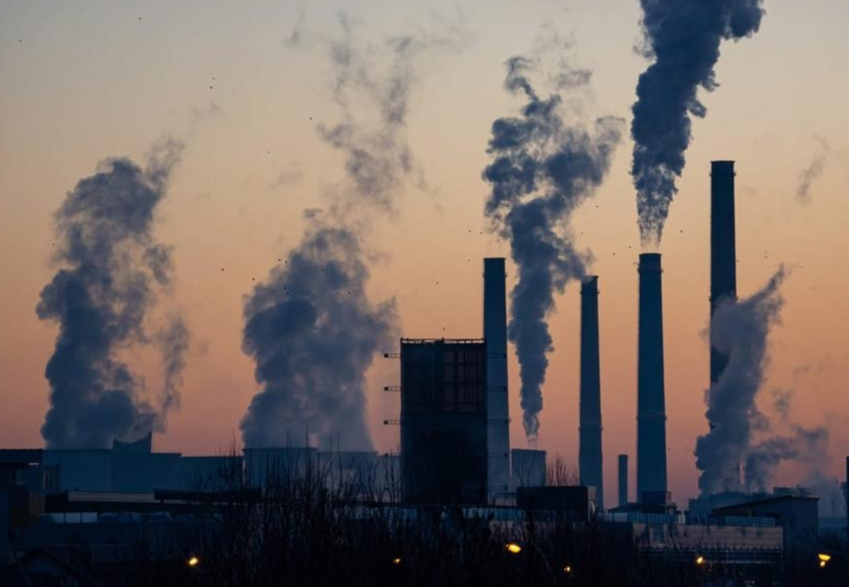
CO2 concentrations are now more than 50% higher than pre-industrial levels, driven by record-breaking fossil fuel emissions and weakened natural carbon absorption. This surge follows confirmation that 2024 was the hottest year on record, the first full calendar year where global average temperatures exceeded 1.5°C above pre-industrial levels.
According to the UK Met Office, the sharp CO2 increase is "incompatible" with the Paris Agreement's goal to limit warming, signaling that the world is on course to permanently breach the threshold.
Why CO2 Spiked in 2024
The Global Carbon Project reports that fossil fuel emissions reached new highs in 2024. However, natural factors also played a key role in the atmospheric build-up of CO2:
- Weakened carbon sinks: Normally, forests and oceans absorb about half of human-emitted CO2. But heatwaves and droughts reduced plant uptake, while warming oceans held less CO2.
- El Niño's impact: The natural El Niño climate pattern, which warmed the Pacific Ocean, disrupted weather systems and reduced land-based CO2 absorption.
- Widespread wildfires: Unprecedented fires worldwide, even in areas not typically affected by El Niño, released massive amounts of stored carbon into the air.
As a result, CO2 levels jumped by nearly 3.6 parts per million (ppm) in just one year, reaching an all-time high of over 424 ppm—the fastest annual increase ever recorded.
A Dire Climate Warning
Historical climate records from ice cores and marine sediments show that CO2 levels are now at their highest in at least two million years, according to the United Nations.
Yet, instead of slowing, the rate of CO2 accumulation continues to accelerate, defying the expectations of the UN's climate panel (IPCC) and outpacing their 1.5°C warming scenarios.
"Limiting global warming to 1.5°C would require CO2 rise to be slowing, but in reality, the opposite is happening," warns Prof. Richard Betts of the Met Office.
With CO2 concentrations climbing at an unprecedented rate, climate scientists caution that humanity is running out of time to reverse course—unless drastic cuts to fossil fuel emissions begin immediately.